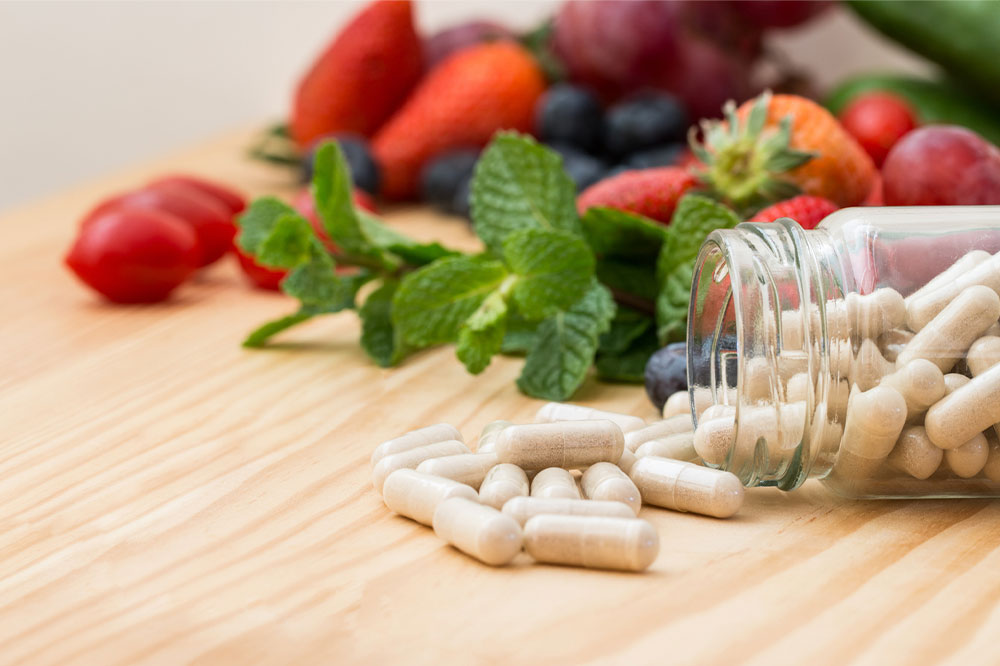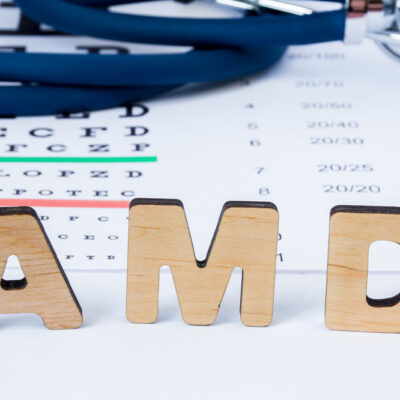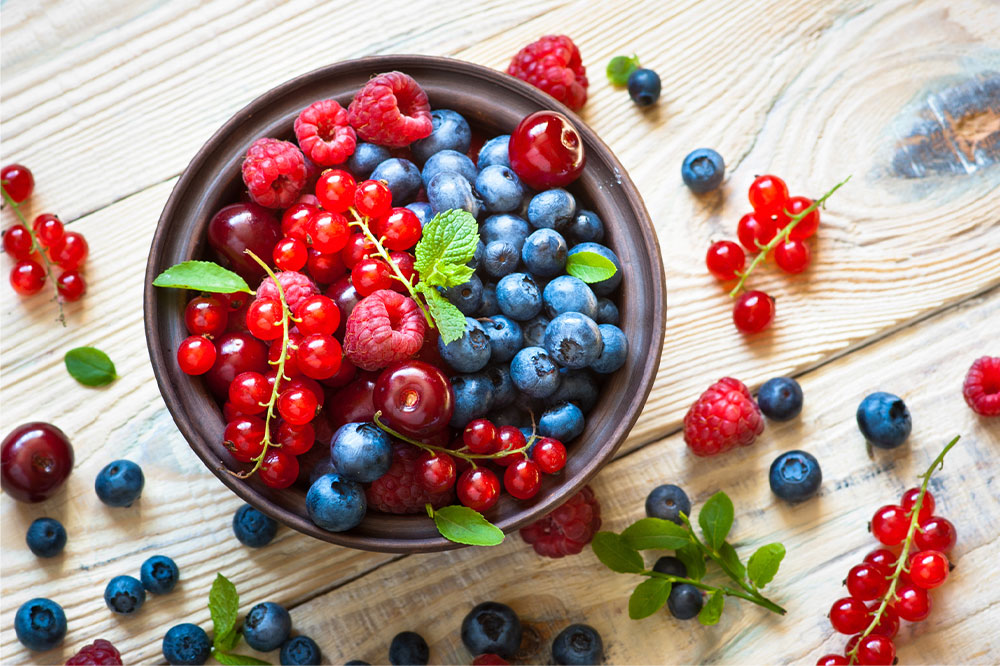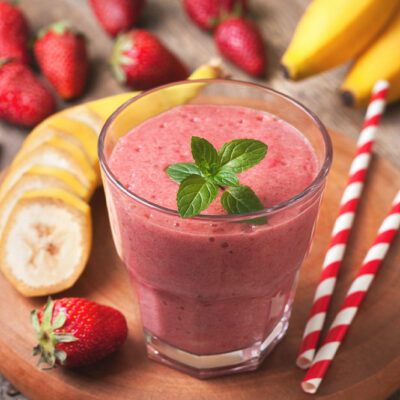9 Essential Nutrients to Maintain Eye Health

Most of the time, people choose food based on their taste and the health of common vital organs like the heart and brain. In the race of which organ comes first, eyes are often left ignored. However, it is equally important to consider the nutritional needs of the eyes for proper functioning. The eyes are a sensory organ, and if the cells are damaged, they cannot be repaired. Hence, taking care of this organ from the get-go is crucial instead of waiting till the last minute.
Vitamin A
By this time, everyone knows that vitamin A is crucial for optimal vision. Inclusion of vitamin A-rich foods results in the protection of the surface of the eyes. It has an important role to play in the prevention of dry eye syndrome and cataracts. Age-related macular degeneration, a condition in which patients suffer a gradual loss of central vision, can also be prevented with the right amount of vitamin A intake. Foods like liver, eggs, milk, and spinach are reliable sources of vitamin A.
Vitamin C
Vitamin C is one of the essential antioxidants the body requires to maintain overall health. It helps develop and maintain the connective tissue, thereby helping with a healthy cornea and retina. It also helps build collagen in the body, a compound that is also found in the cornea. To provide the body with an appropriate amount of vitamin C, including spinach, broccoli, oranges, limes, lemons, and berries, in is crucial. Since the body is incapable of storing this vitamin for later use, it is essential to replenish the supply every day. In addition, a daily dose of Vitamin C (500 mg) has shown a significant reduction in the development of dry eyes, age-related macular degeneration, and even cataract.
Vitamin E
Naturally occurring vitamin E is found in different forms in different foods. When we take vitamin E supplements, they only include one type of Vitamin E of the eight present in food. Therefore, it is advisable to include foods with high quantities of vitamin E to repair compromised vision. It is a great antioxidant that saves the body against free radical damage and oxidation. Moreover, it helps prevent cataracts to a great extent. Almonds, olives, peanuts, peanut butter, and whole grains are all reliable sources of vitamin E that can be easily included in daily meals.
Riboflavin
Glutathione is an important antioxidant compound found in the body, including the eyes. Riboflavin or vitamin B2 is of help in the production of this antioxidant. Increasing riboflavin intake can help protect against dry eye syndrome and cataracts. Cheese, mushrooms, nuts, eggs, meat, and yogurt are all dependable sources of riboflavin. Fortified cereals and most multivitamins also contain vitamin B2, making its deficiency a rare concern. It is also considered of use to avoid any corneal abnormalities.
Vitamin B Complex
Uveitis, macular degeneration, and vascular problems can all be prevented with an adequate supply of vitamins B6, B9, and B12 to the body. The retina is prone to vascular problems in case of the absence or deficiency of these vitamins. The retina sends visual signals to the brain and is an important part of vision. B complex vitamins are found in most animal-source foods like eggs, milk, and meat. It can also be found in green leafy vegetables, bananas, rice, chickpeas, and more. Easy availability makes deficiency of B complex a rare issue except for vitamin B12. The body finds it difficult to absorb this vitamin; therefore, it is found in lower amounts in most adults. Further research is required to establish the role of B vitamins in eye health.
Omega 3 fatty acids
In order to thrive, fat is essential for the body, specifically healthy fats. Omega-3 fatty acids contain anti-inflammatory properties that help prevent problems like age-related macular degeneration and dry eye syndrome. Fatty fish like salmon, tuna, sardine, and mackerel are the choicest source of this healthy fat. Plant sources of omega-3 fatty acids include green leafy vegetables, walnuts, almonds, flax seeds, and chia seeds. Omega 3 acids also prevent the body from free radical damage, inflammation, and harmful light exposure.
Lutein and Zeaxanthin
Lutein and zeaxanthin are compounds found in the retina that have antioxidant properties and can help protect the eyes against damage caused by ultraviolet and blue lights. Think of the presence of these compounds as the eyes having their personal naturally occurring sunglasses that prevent harmful lights from causing any damage. A study found that including 10 mg of lutein, 2 mg of zeaxanthin, and other essential nutrients can significantly improve eye health. It is even found essential in the prevention of age-related macular degeneration.
Research also suggests that the vitamin might be able to provide the same results that beta-carotene does for the eyes. Green leafy vegetables and brightly colored foods are considered rich in these nutrients. This includes tangerines, corn, spinach, kale, broccoli, and more.
Selenium
Research suggests that it is possible to stave off the development of age-related macular degeneration by including selenium along with vitamins A and C. It is a condition that commonly affects people over the age of 60 years and is, therefore, crucial for them to take care of their selenium intake. The micronutrient assists the body in better utilization and effectiveness of antioxidants. Brazil nut is one of the richest and easiest sources of selenium to add to your daily meals or snacks. Other foods include brown rice, shrimp, and crab.
Zinc
Another mineral that doctors often recommend to maintain optimum eye health is zinc. Combined with vitamins C and E, zinc has been proven effective in reducing the risk of developing macular degeneration in people and reducing loss of visual acuity. It is important to include zinc-rich foods in meals since the body is incapable of producing this mineral. This calls for adding foods like oysters, beans, yogurt, mixed nuts, lobsters, and even beef to daily meal plans.








